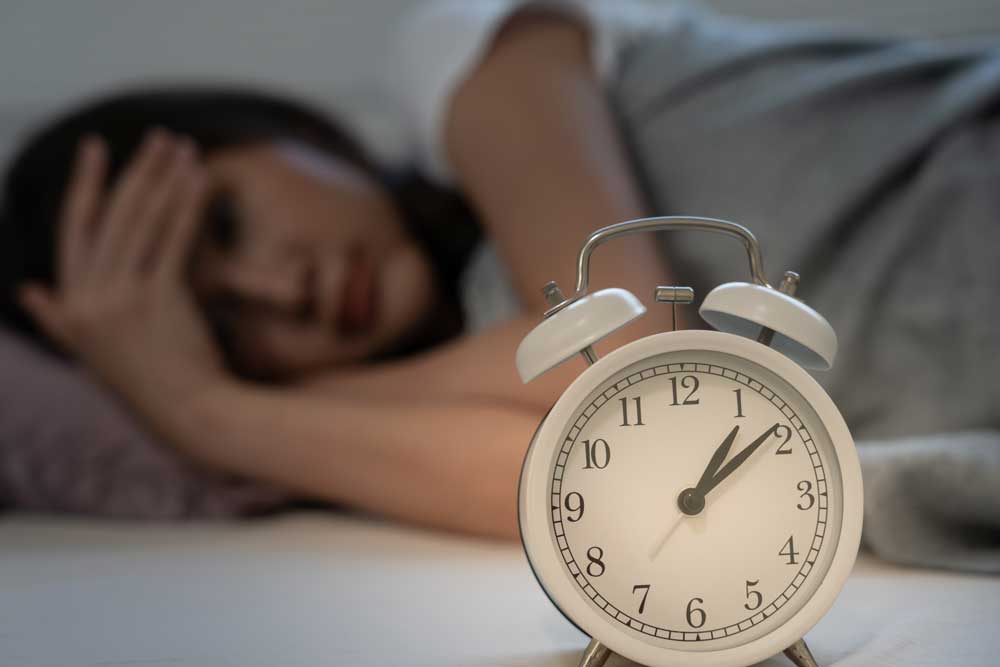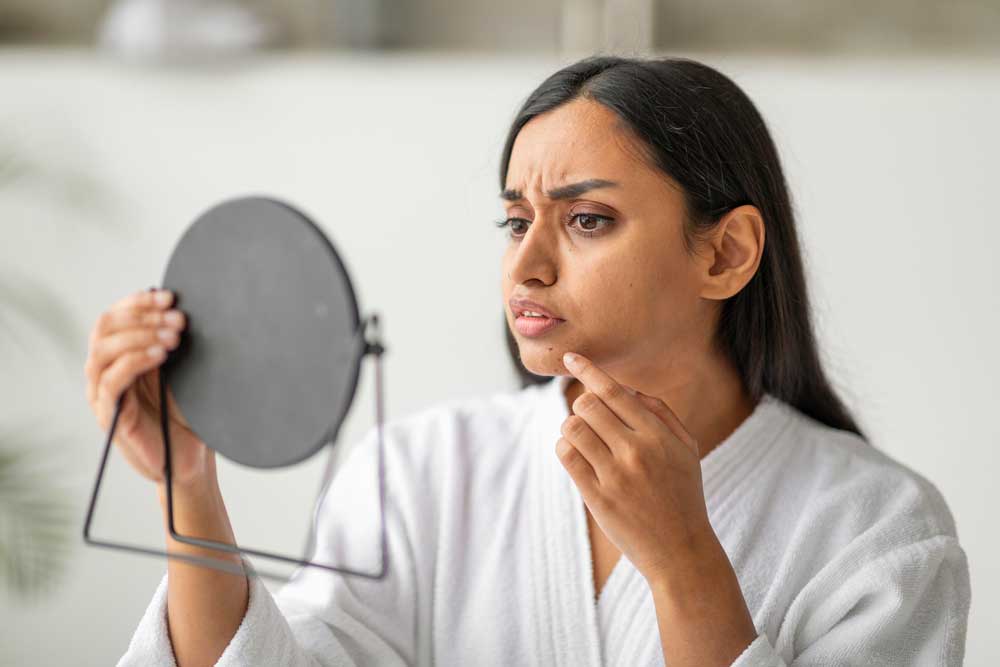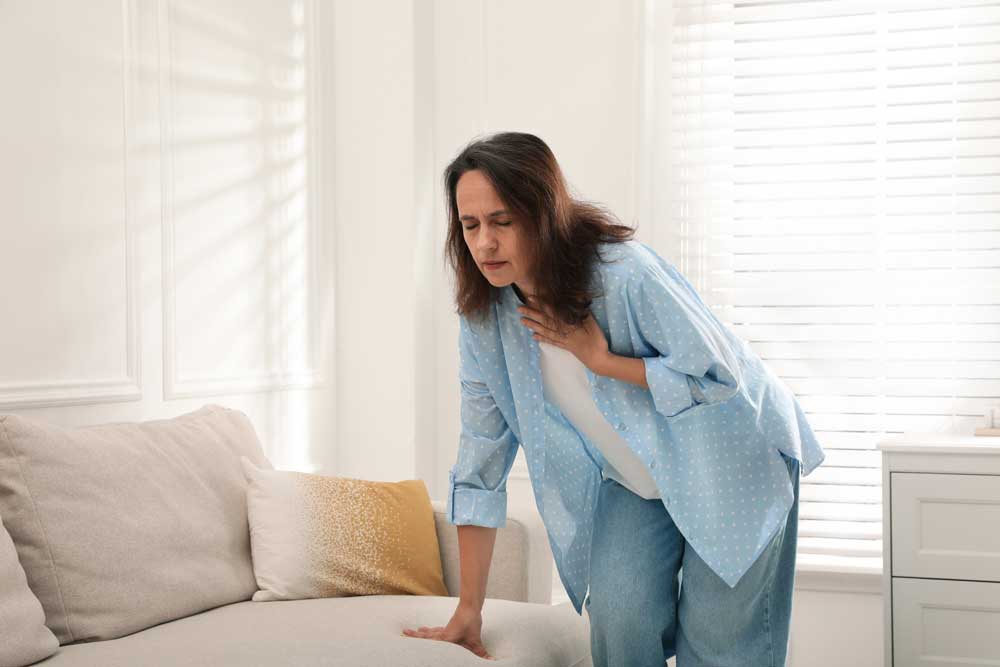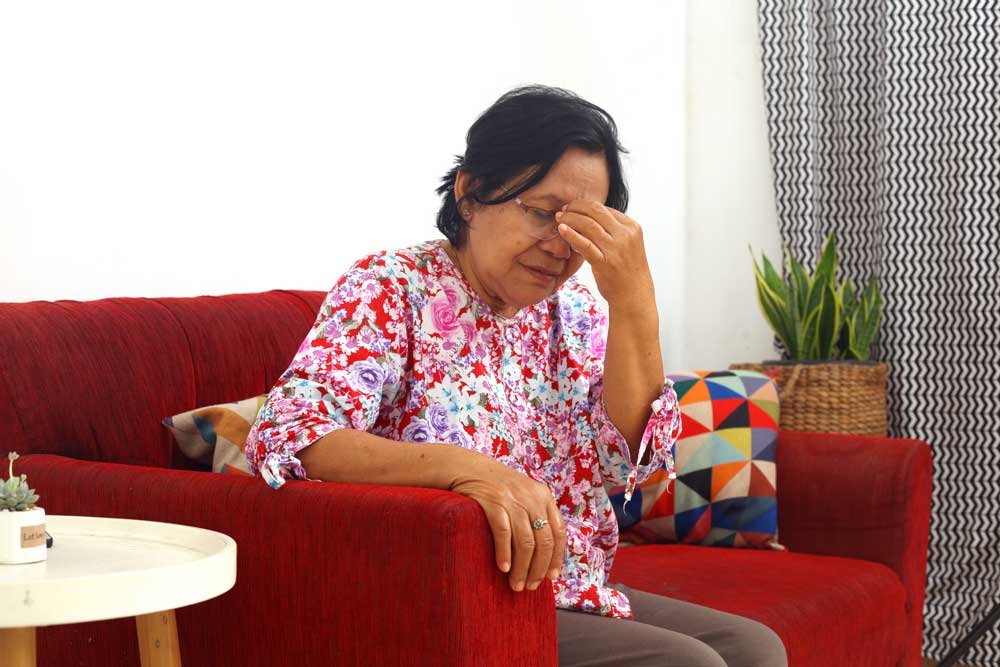Iron deficiency is particularly common among women, often due to factors like menstruation, pregnancy, and postpartum recovery. Iron plays a critical role in producing haemoglobin, which helps carry oxygen to all parts of the body. When women don’t get enough iron, it can affect overall health, energy levels, and well-being. Here are some signs that you might be experiencing iron deficiency:

1. Unexplained Fatigue
For many women, constant fatigue can be dismissed as a byproduct of a busy lifestyle. However, if you find yourself consistently exhausted despite adequate rest, it could be due to iron deficiency. Without sufficient iron, your body can’t produce enough haemoglobin, leading to poor oxygen circulation and feelings of fatigue.

2. Paleness or Dull Skin Tone
Women may notice changes in their skin when iron levels are low. If you notice that your skin looks unusually pale or dull—especially in your face or the inside of your lower eyelids—it could be a sign that your body isn’t getting enough oxygen, as iron deficiency can reduce blood flow.

3. Shortness of Breath During Routine Activities
Feeling out of breath during routine activities like climbing stairs or light exercise can be a warning sign. Women who experience iron deficiency often struggle with this symptom because their bodies are working harder to get oxygen, but without sufficient iron, they can’t meet that demand.

4. Frequent Headaches or Dizziness
Many women are prone to experiencing headaches or dizziness, especially during menstruation. However, iron deficiency can exacerbate these symptoms. Low iron levels restrict oxygen flow to the brain, which can trigger more frequent headaches and light-headedness.

5. Brittle Nails and Hair Loss
Women often take pride in their hair and nails, so changes here can be a noticeable sign. Brittle, weak nails and thinning hair are common symptoms of iron deficiency. When your body lacks iron, it prioritises oxygen for vital organs, leaving less for hair and nail growth.
If you suspect iron deficiency, consult your doctor, especially since women are more susceptible due to menstrual blood loss and pregnancy. A proper diagnosis can lead to effective treatments, including iron-rich diets and supplements, ensuring you stay healthy and energised.